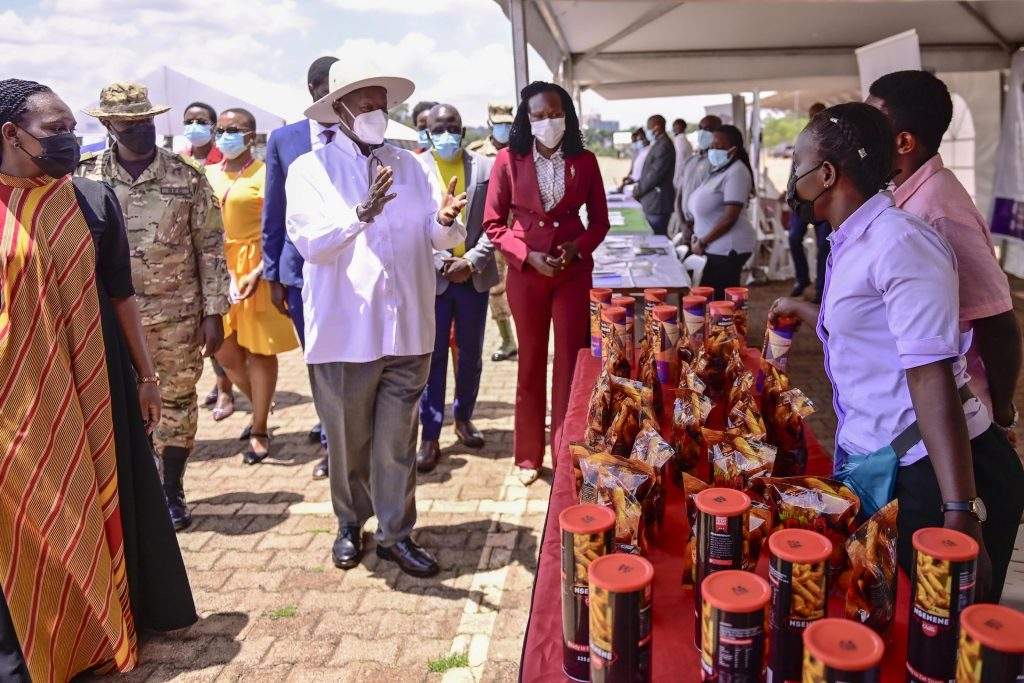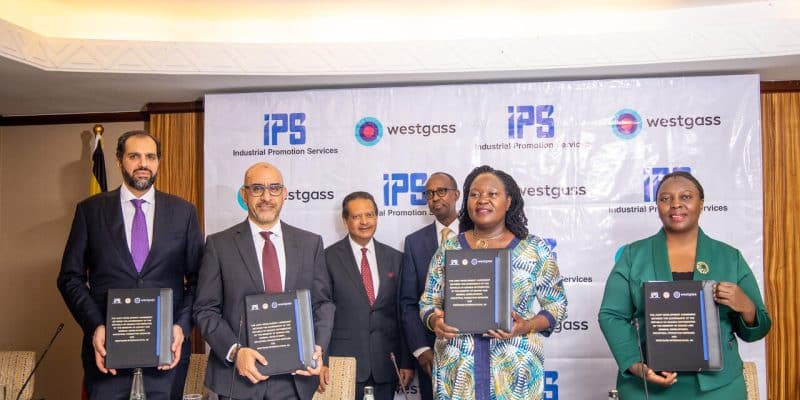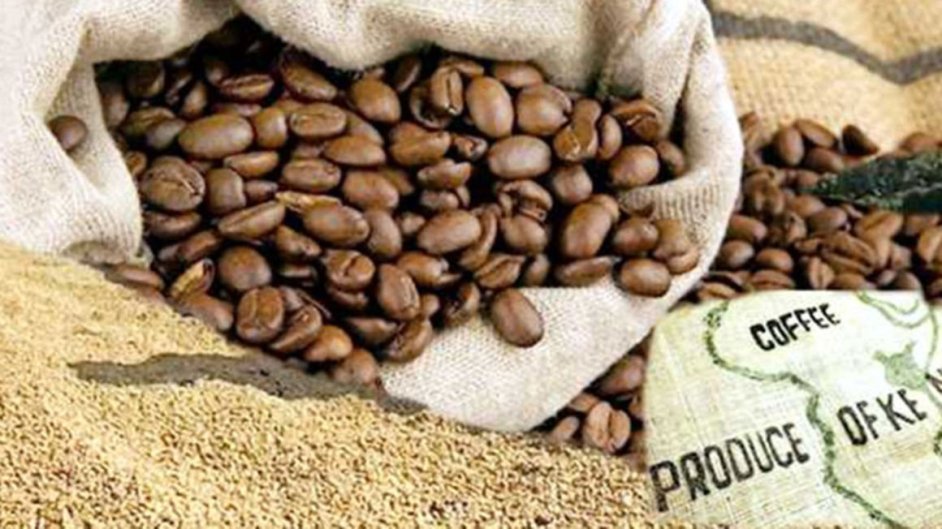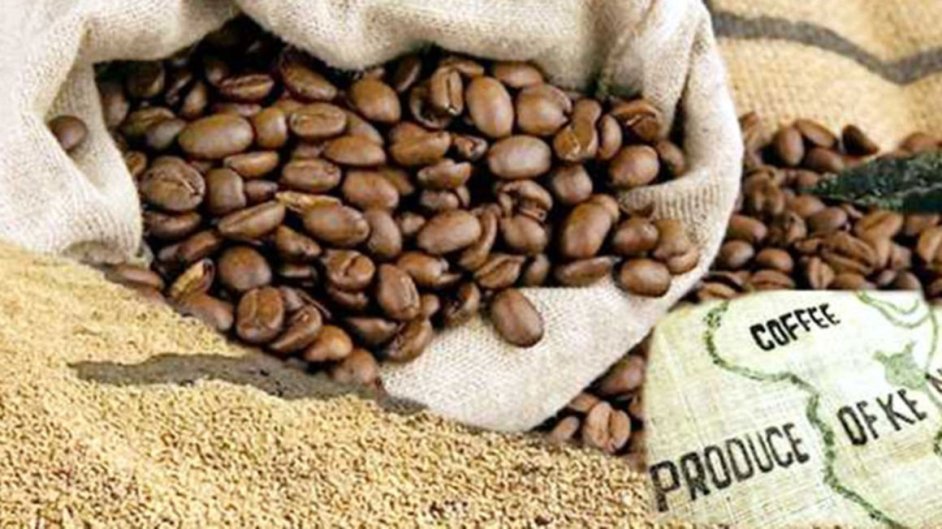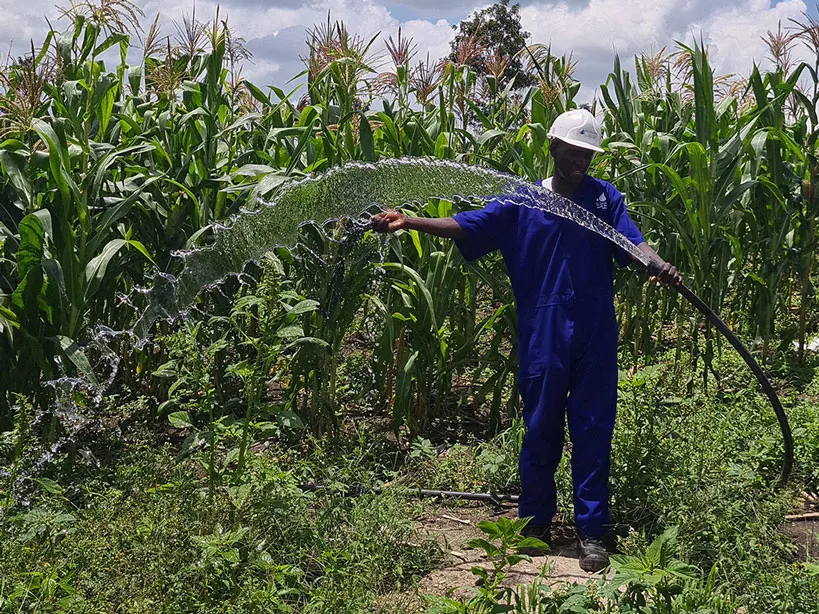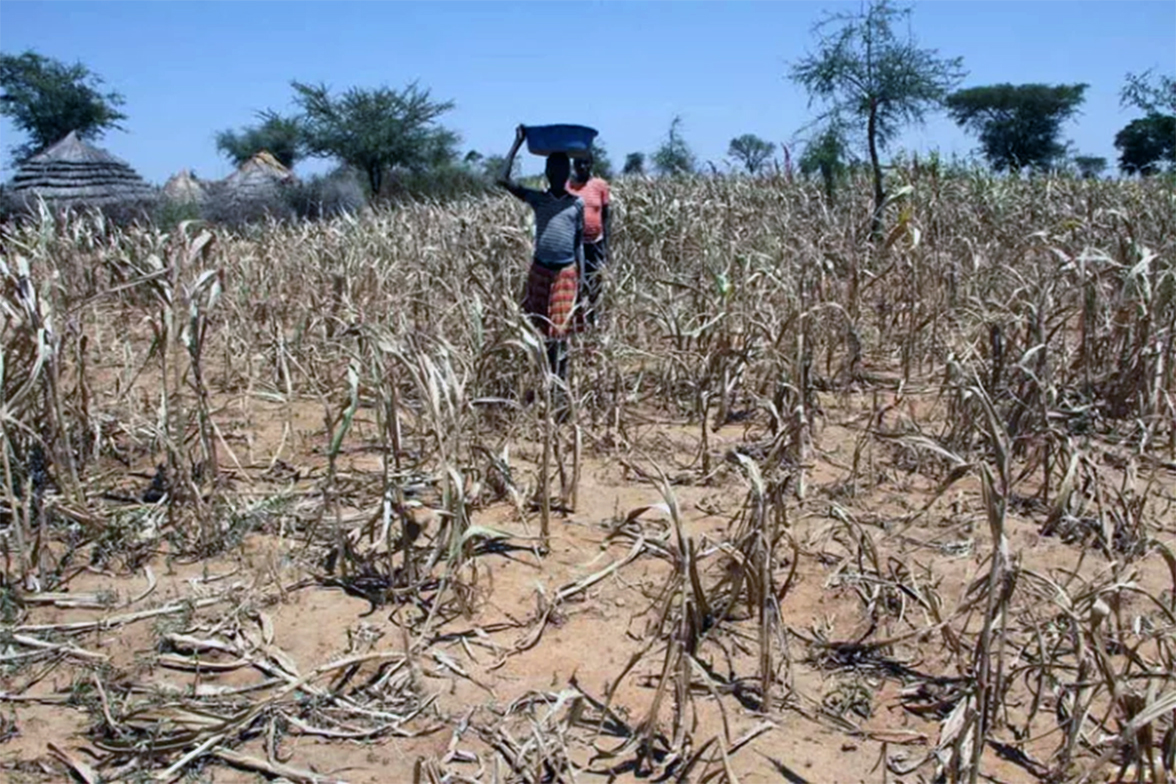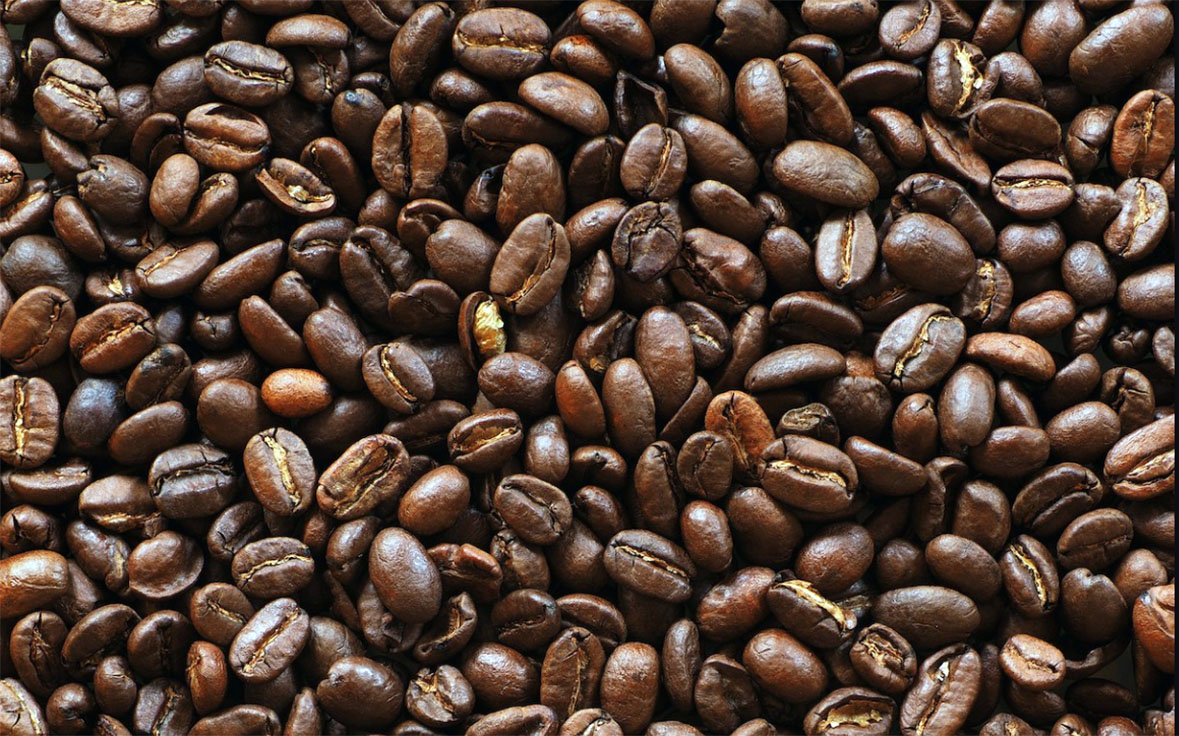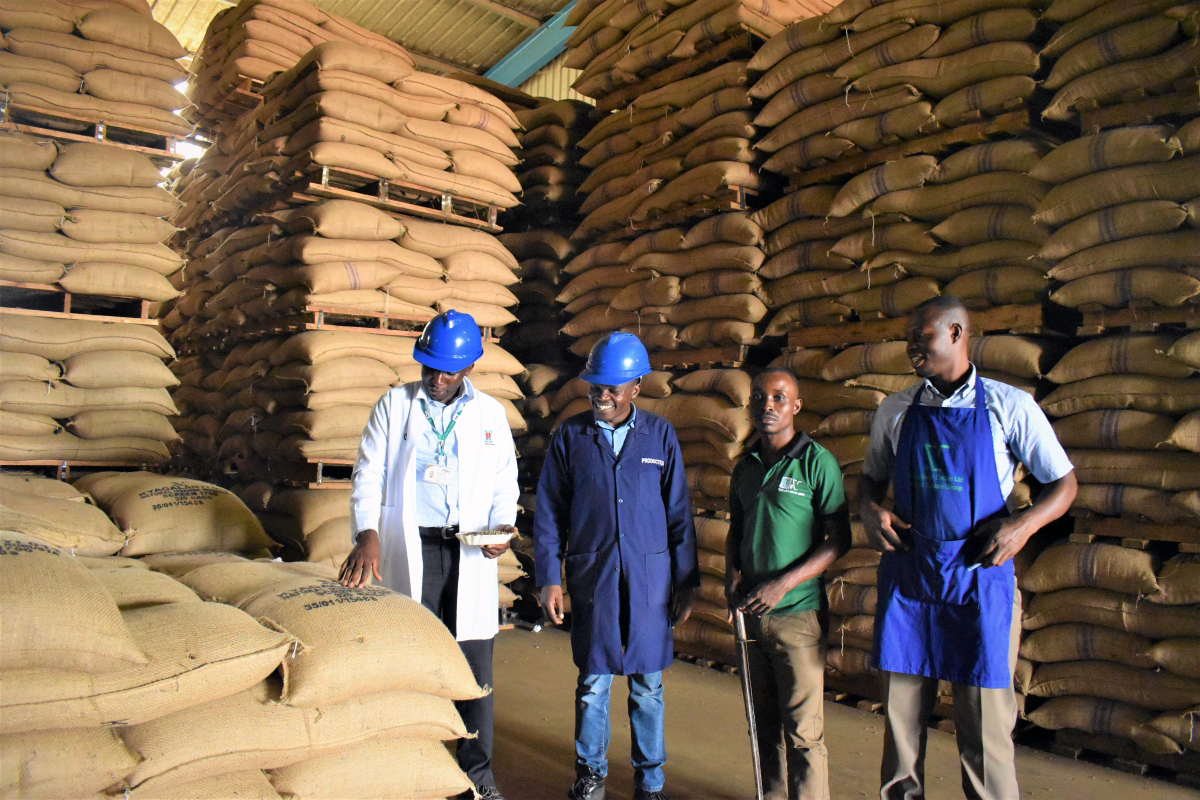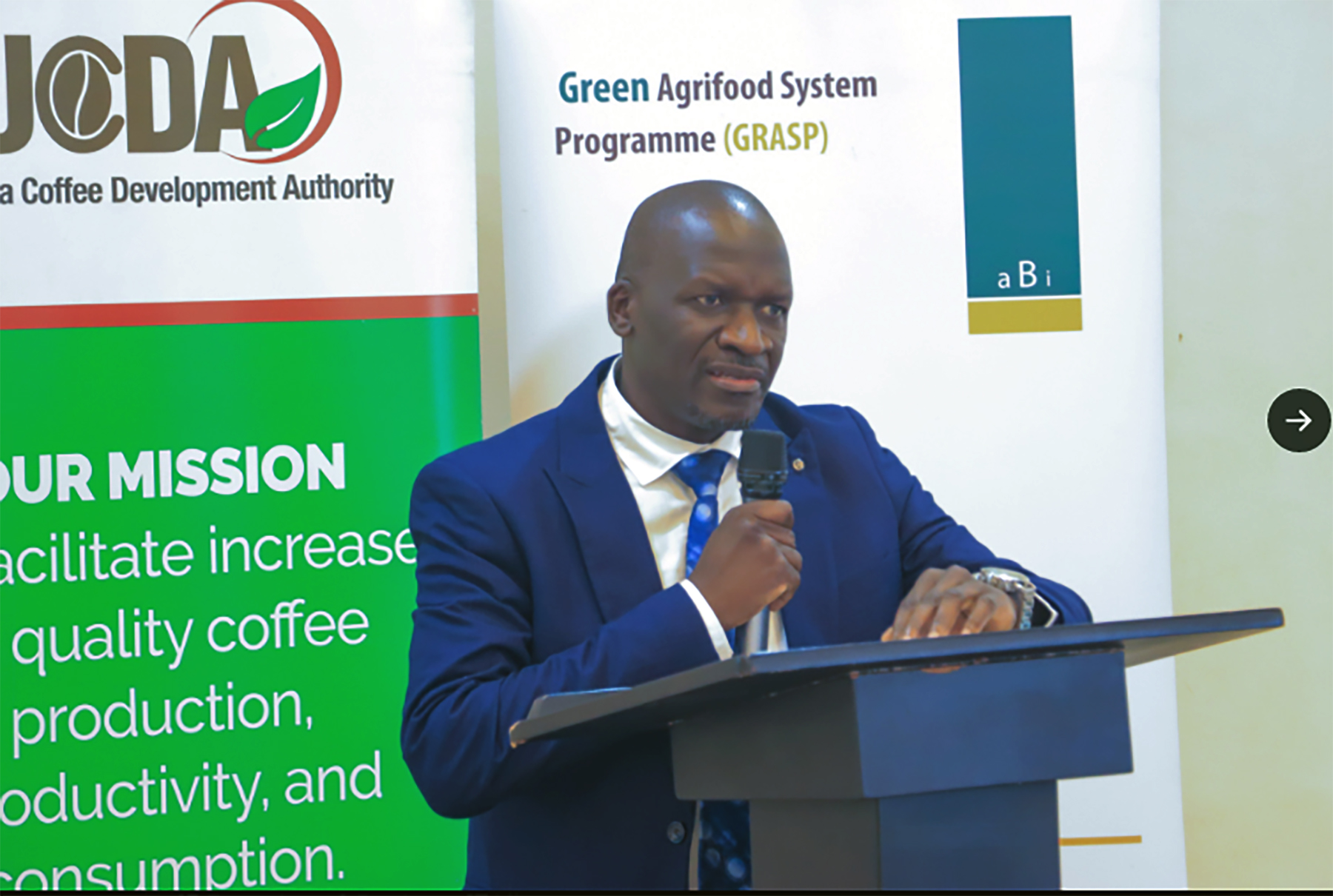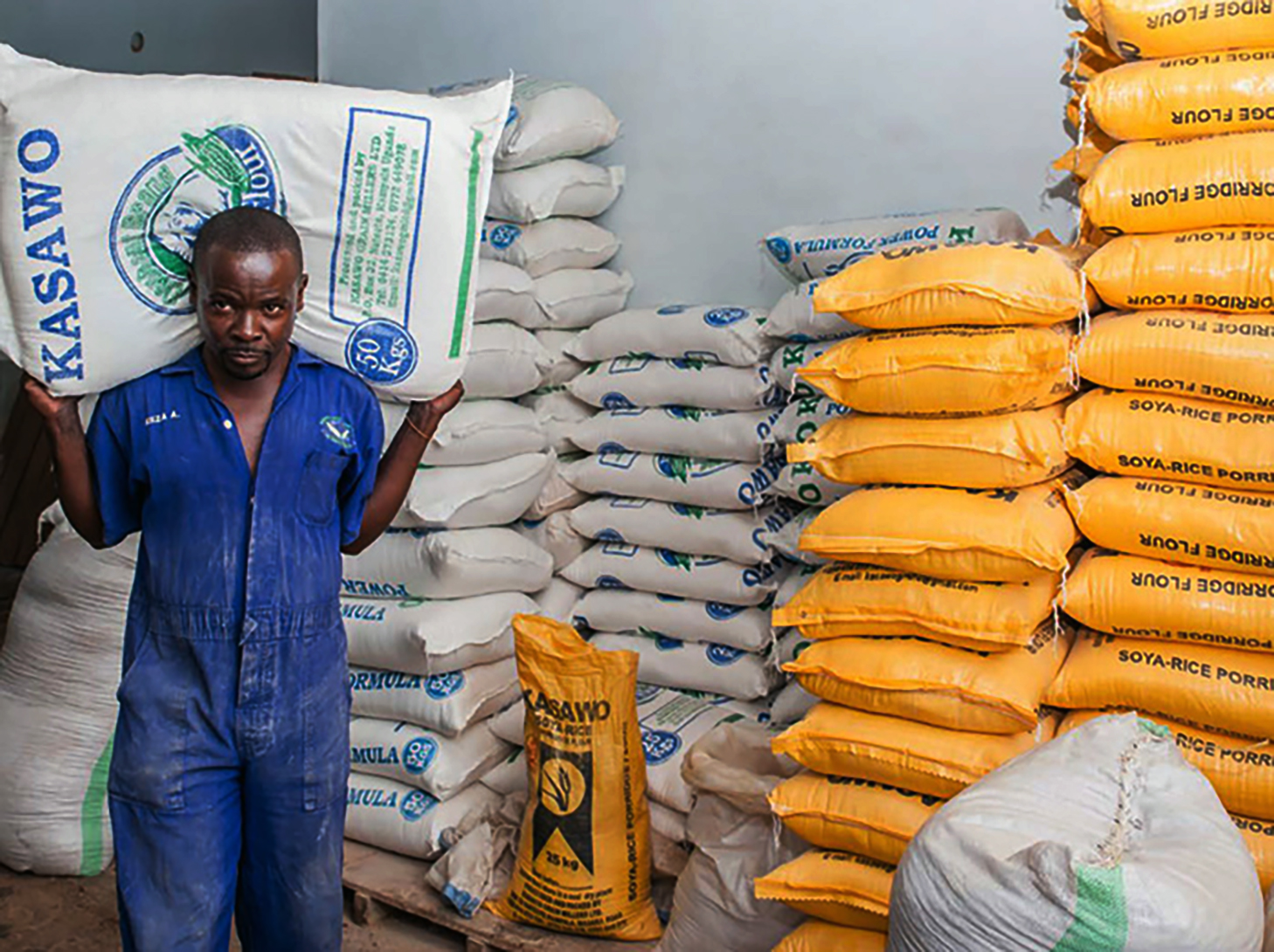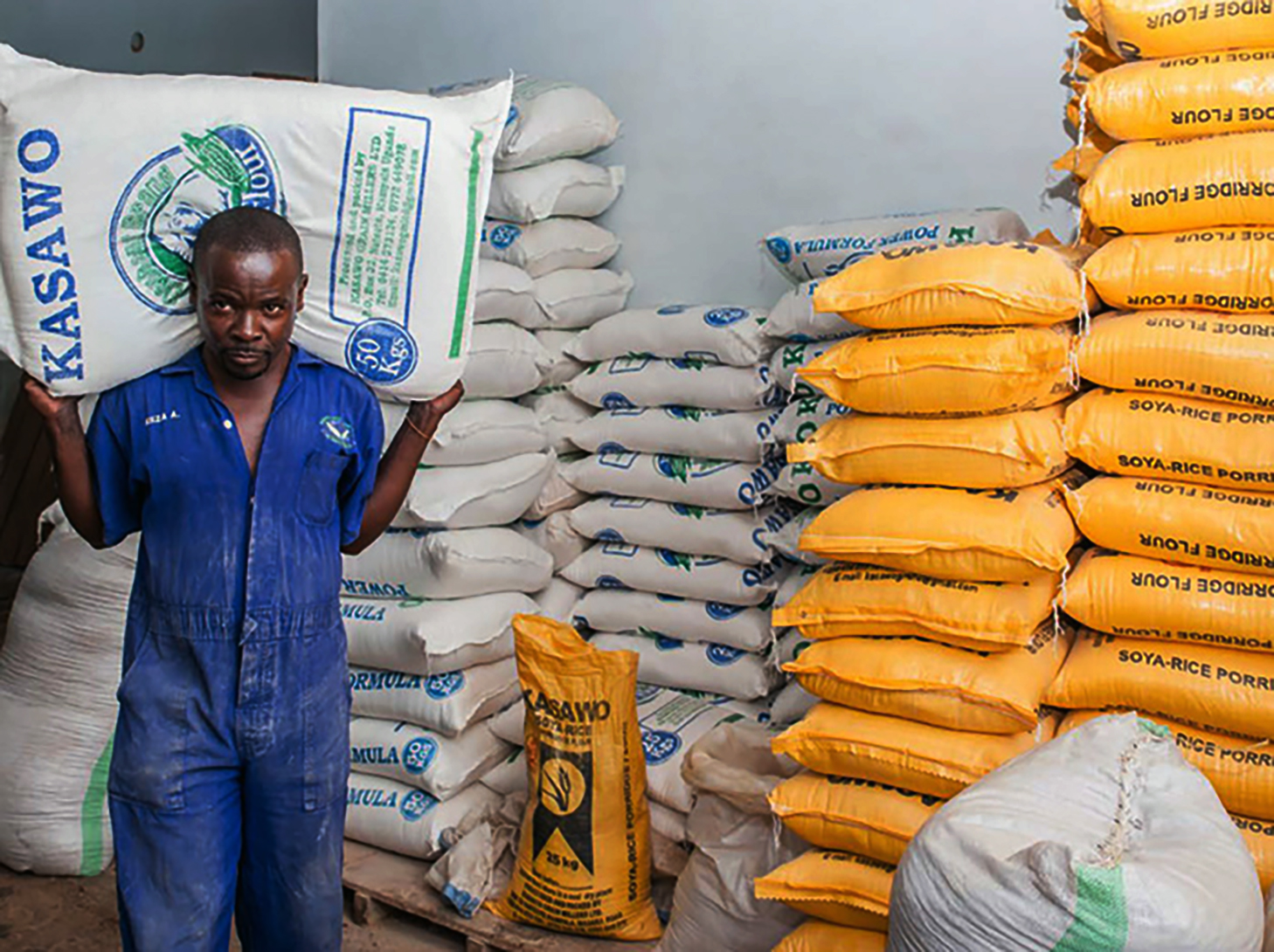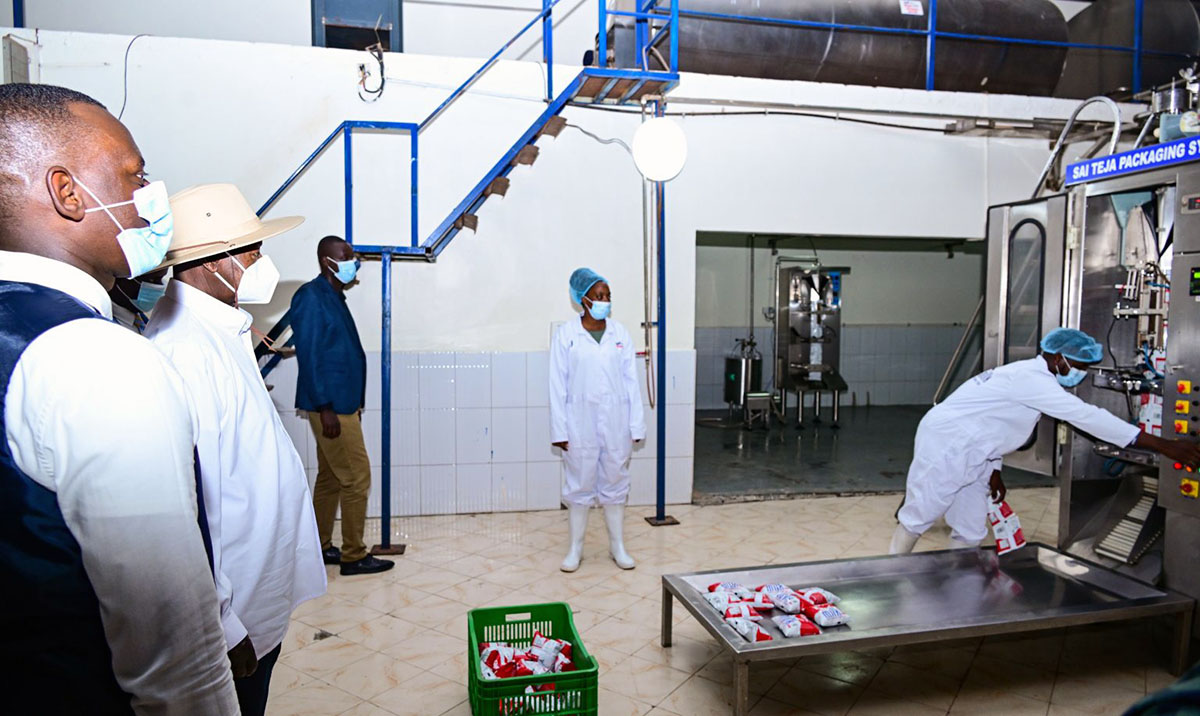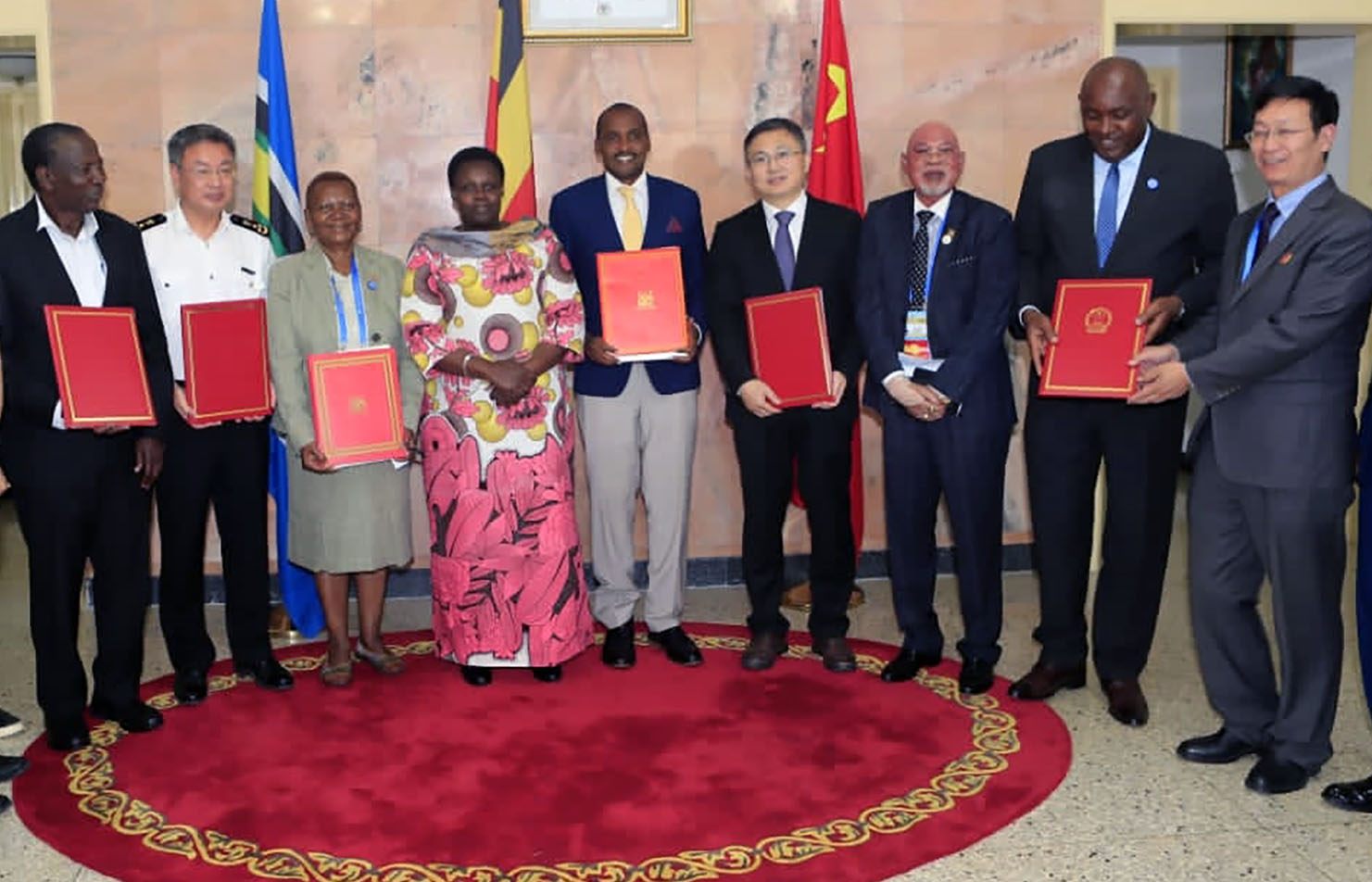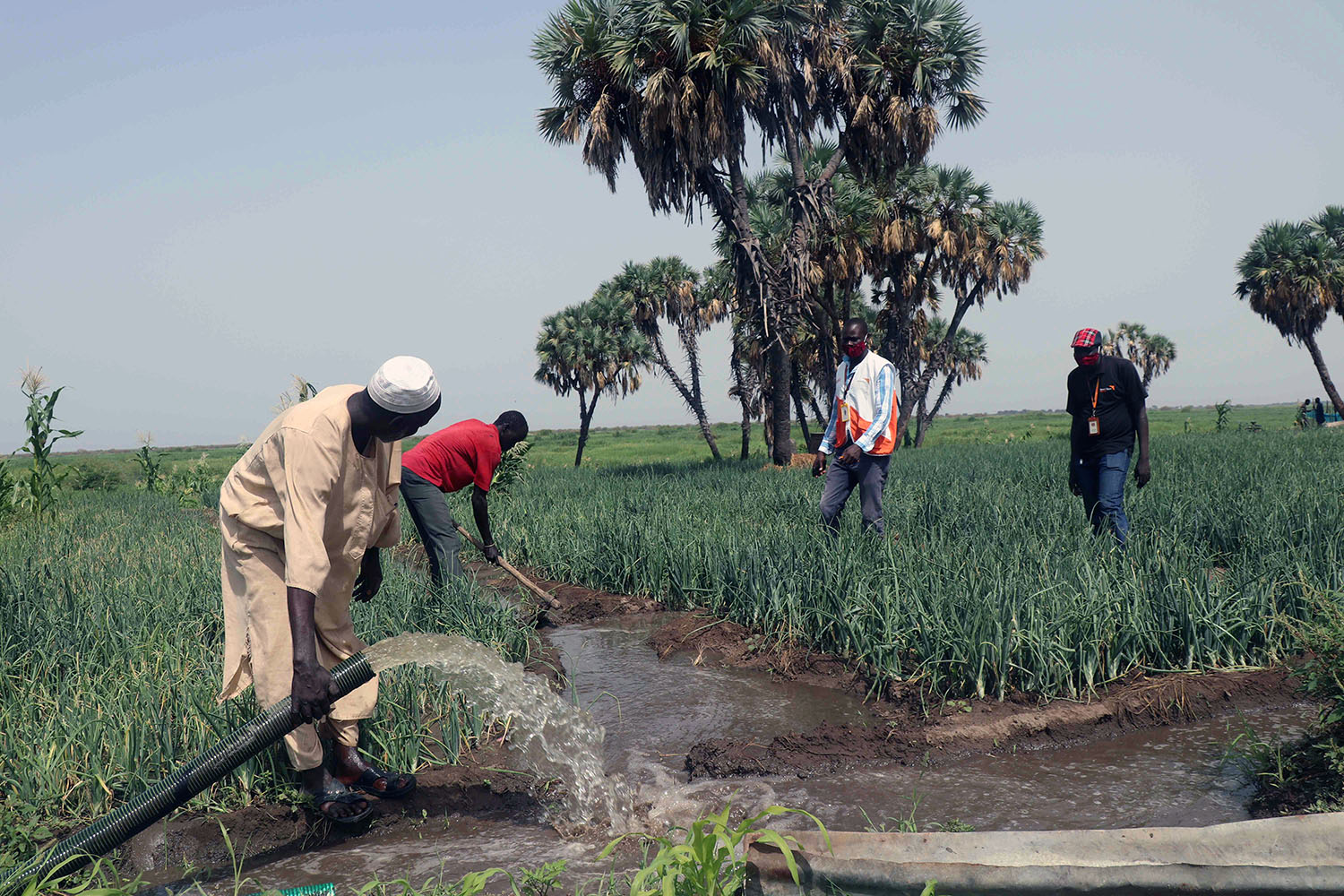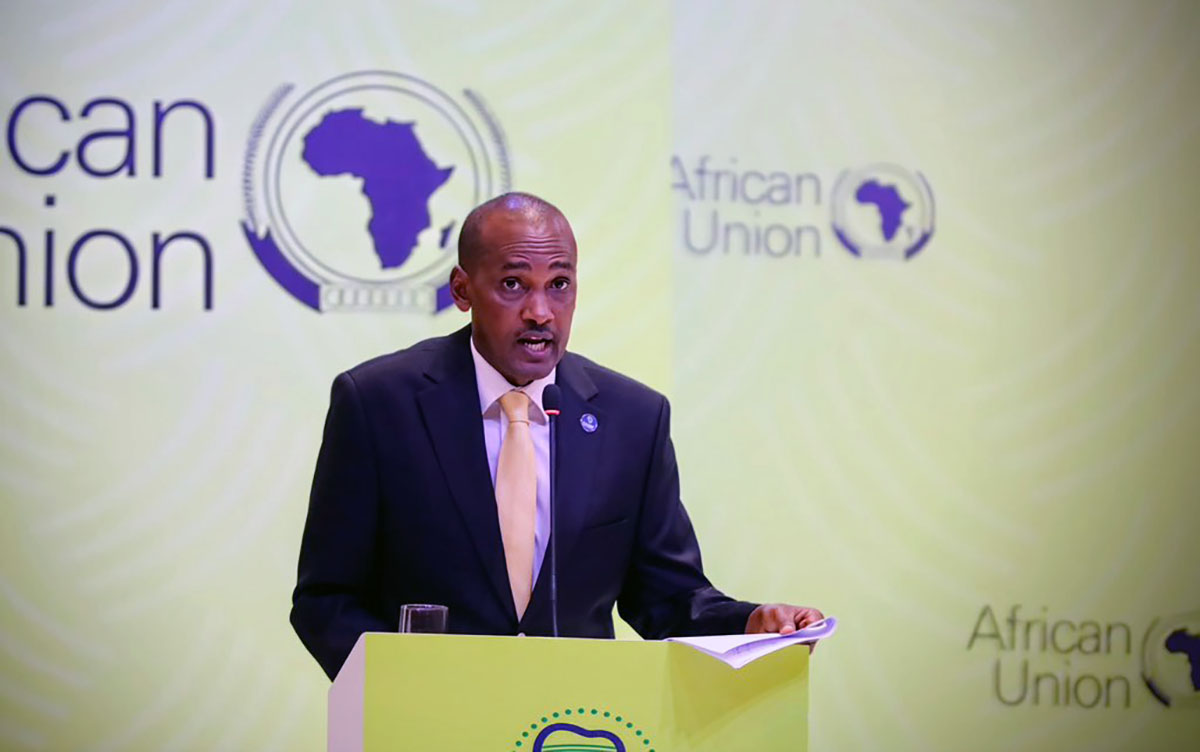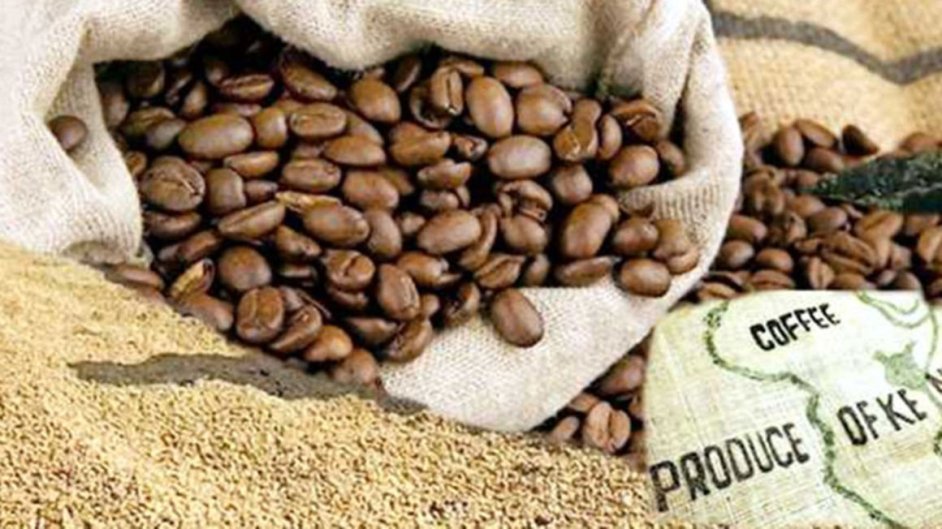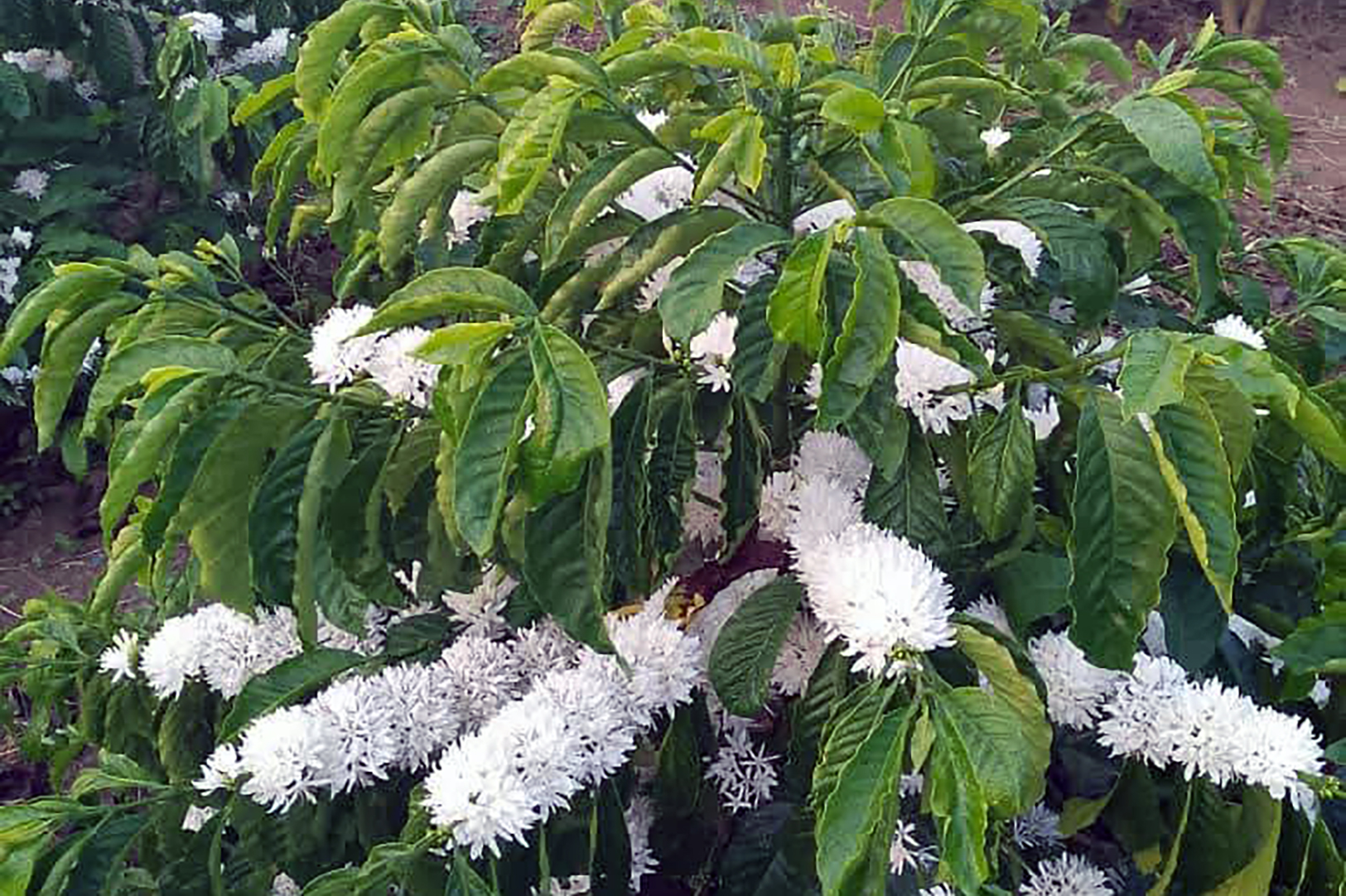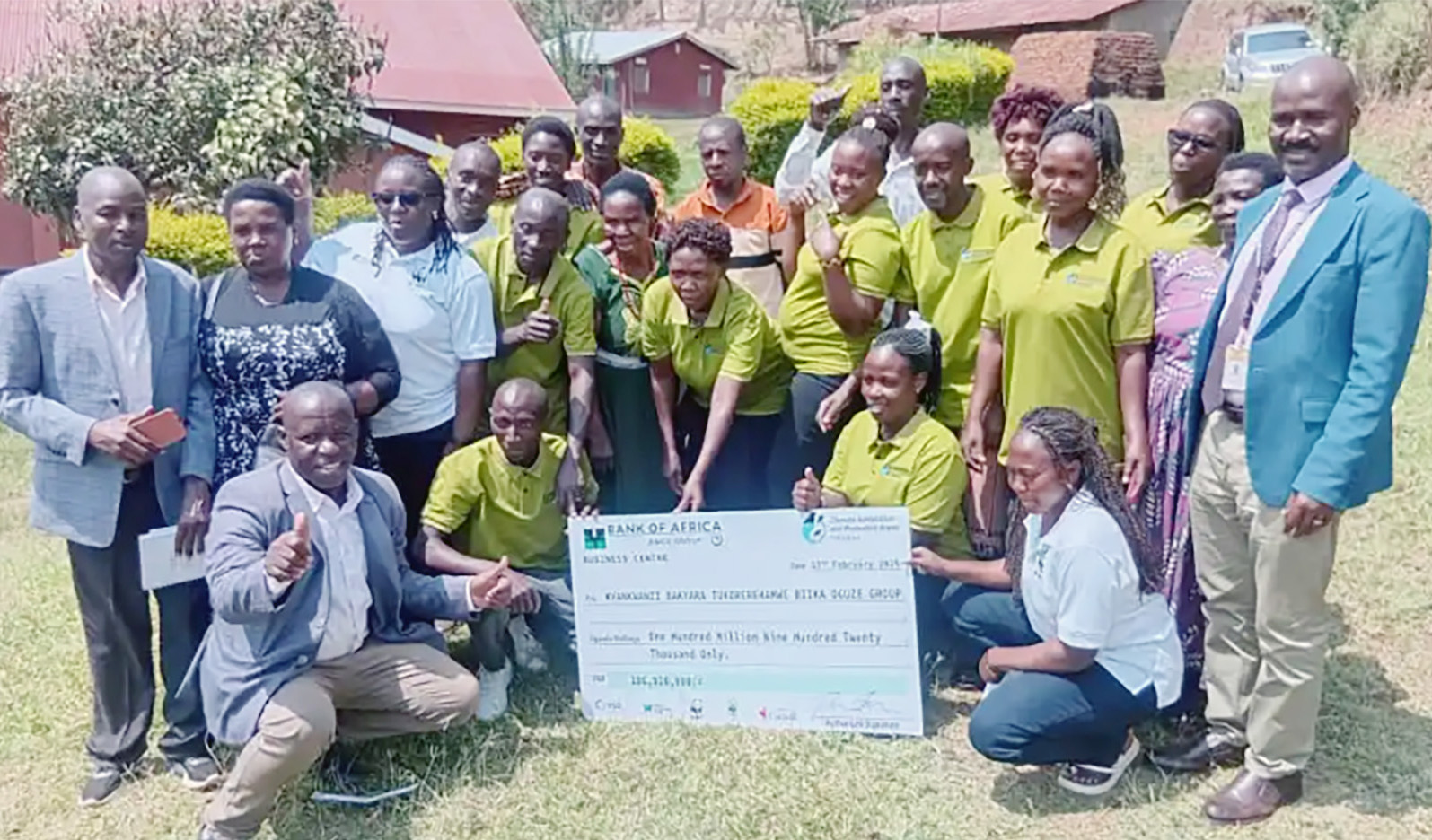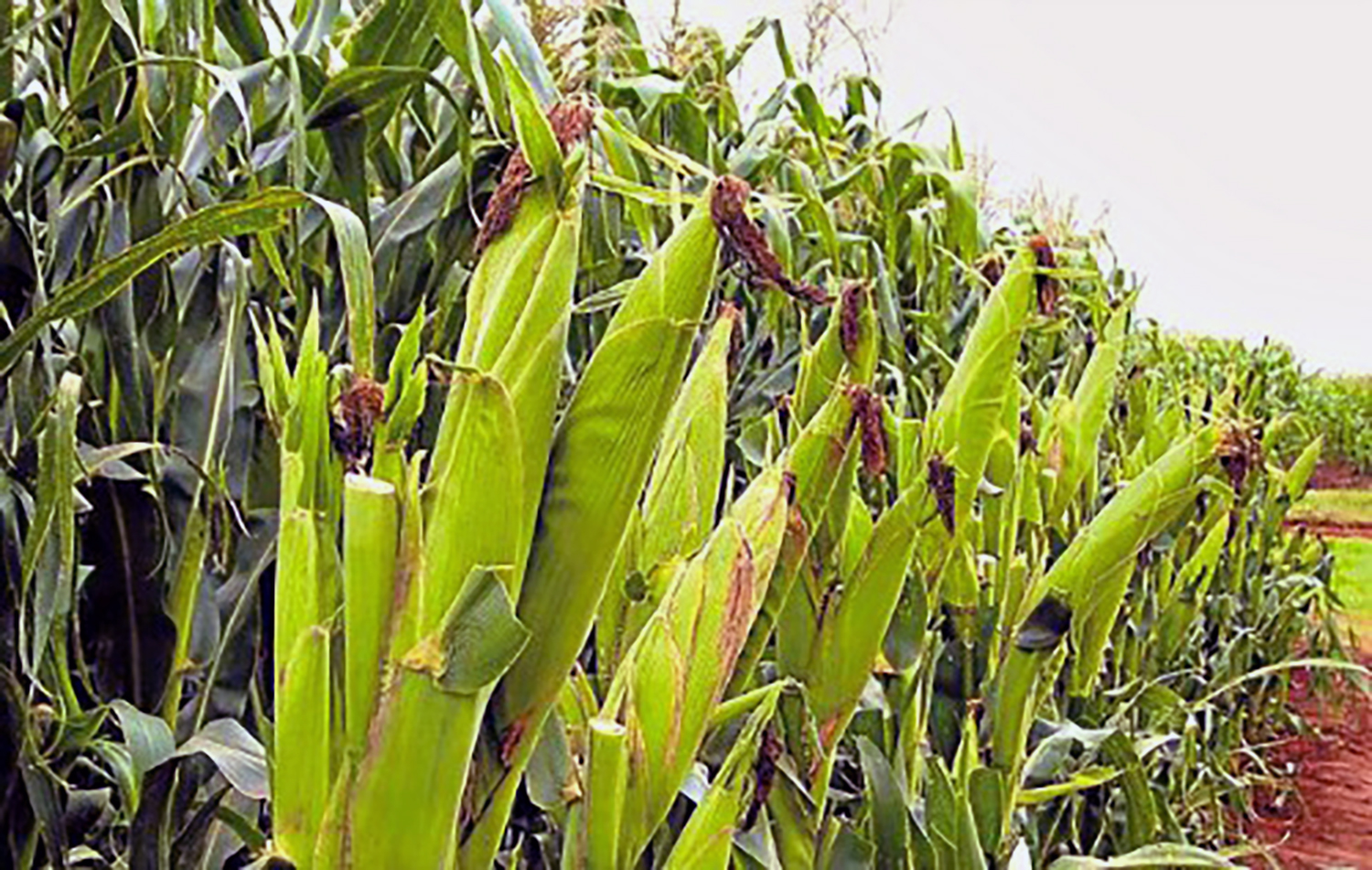Govt keen on value addition for regional market push

Deputy Permanent Secretary/Secretary to the Treasury Patrick Ocailap says Uganda has a competitive advantage on feeds production.
The urgency for Uganda to pivot towards high-quality value addition in its agro-industrial sector is no longer a matter of choice, but an economic imperative.
This was the resounding message from the recent 16th National Competitiveness Forum (NCF), a critical Public-Private sector dialogue platform focused on charting a course for Uganda's processed food and animal feeds to capture burgeoning regional trade opportunities.
The forum, which concentrated on leveraging regional markets for the country's cereals, grains, processed food, and animal feeds exports, highlighted both the vast potential and the critical gaps currently hindering Uganda's competitiveness.
- Officiating at the event, the Minister of State for Planning, Amos Lugoloobi, stressed that investing more in high-quality processing is essential. “We must invest more in high quality processing to guarantee quality, product standardization and packaging for food and feeds to easily access regional markets," said Lugoloobi.
However, the Minister was candid enough to acknowledge a significant weakness: the lack of sufficient domestic capacity to produce high-quality processed food and animal premixes. This deficiency has resulted in substantial imports of these high-quality inputs, a situation the dialogue sought to address by exploring strategies to close the competitive gaps.
Lugoloobi also underlined the importance of strengthening market intelligence and export facilitation. This is crucial for the private sector to understand the demand dynamics, regulatory changes, competitor landscapes, and trade routes across the region.
- In response, the Government has launched the Economic & Commercial Diplomacy (ECD) Strategy, leveraging foreign missions to collect vital market intelligence, attract investment, and promote tourism.


Furthermore, in line with the Tenfold growth strategy for manufactured exports, the Government has secured significant financing, including a USD 96 million loan under the INVITE Project, a USD 104 million grant, and an USD 18 million multi-donor Trust Fund to boost manufactured exports.
The Acting Permanent Secretary and Secretary to the Treasury, Patrick Ocailap, delivered a compelling presentation on the magnitude of regional opportunities. He emphasized the need to build a competitive animal feeds industry, utilizing readily available local raw materials like maize, soybeans, cassava, and fish meal to produce high-quality, affordable compounded feeds.
Ocailap pointed to a powerful regional trend: rising incomes, rapid urbanisation, and a growing middle class are fueling a soaring demand for processed foods and animal proteins across Africa.
Demand for processed foods is, in fact, projected to increase sevenfold by 2040. This is a landscape where Uganda already has a foothold, exporting 58% of its products to Africa, with over half of its animal feeds destined for regional markets.
- The African Continental Free Trade Area (AfCFTA) agreement represents a massive leap in opportunity, providing access to a market of 1.4 billion people with a combined GDP exceeding USD 3 trillion.
- Ocailap highlighted the stark market potential, noting that while the East Africa Community (EAC) imports feeds worth USD 747 million, Uganda's own exports stand at only USD 1.0 million against imports of USD 52 million in 2023. This glaring imbalance necessitates a robust import replacement agenda.
Government policy frameworks are actively supporting this value addition push. Through the Public Investment Management for Agro-Industrialization (PIMA) framework, nine key commodities—Dairy, Beef, Fish, Coffee, Cassava, Oil palm, Maize, Cotton, and Tea—have been identified to drive commercialization.
The food processing sector is already a significant contributor, accounting for 40% of Uganda’s manufactured products. Survey data from the International Trade Centre reveals that 96% of Ugandan food processors are eager to explore new markets, and 80% are looking to diversify their product offerings.
With the global animal feed market projected to hit USD 816.8 billion by 2030, and the AfCFTA feed market expected to reach USD 27 billion in the same timeframe, the NCF serves as a timely call to action: Uganda must aggressively invest in quality and scale to claim its rightful share of the African market.



.JPG)
